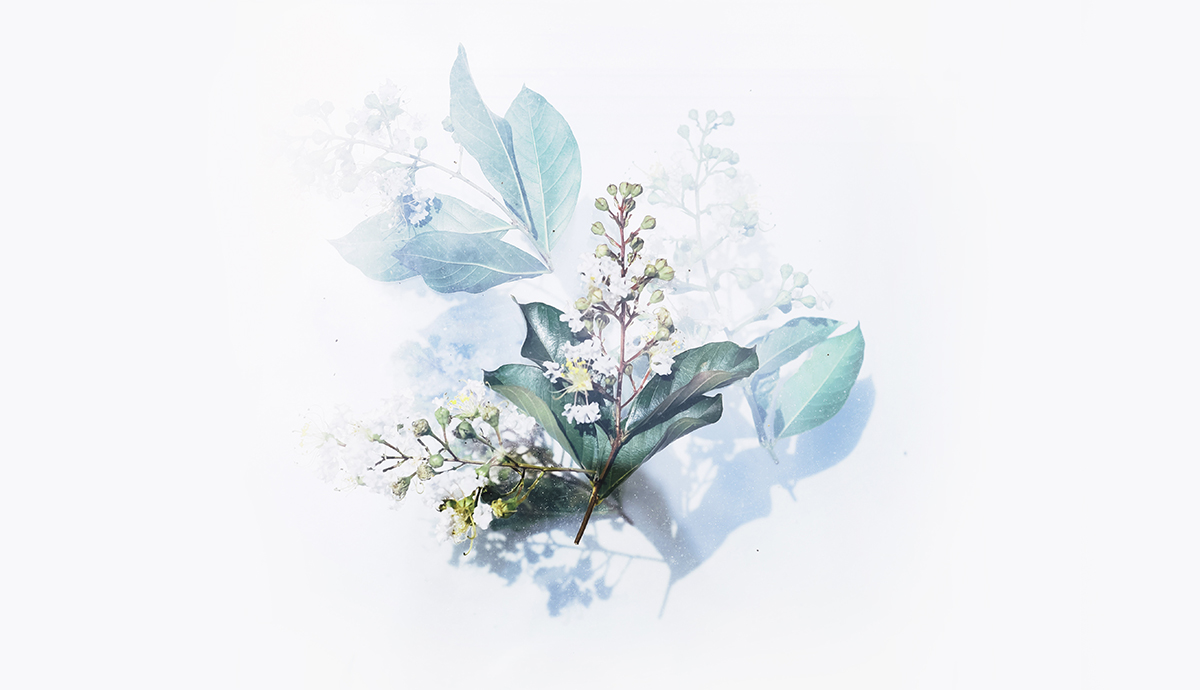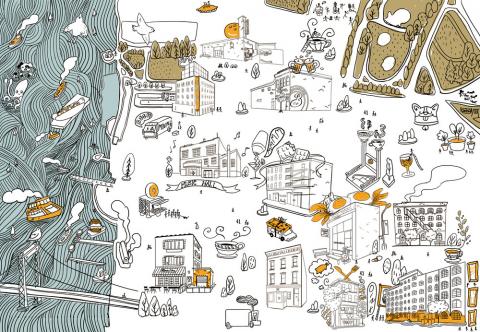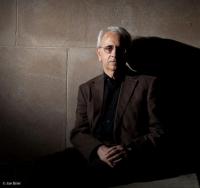Among poems I’ve written, “On Your Way to the Theater” is one of my favorites. This is solely because it expresses something true to my own feelings about aging, and does so in a way that I find pleasurable, that is, I like it’s bemused tone as it laments our universal and inevitable progress toward annihilation. The poem says what it says simply and directly, which is, for me, an attractive way to write. I am, however, also attracted to poems that are more demanding, that require a greater intellectual engagement on the part of the reader, poems that, as Wallace Stevens insisted in “Man Carrying Thing,” “. . . resist the intelligence/ Almost successfully.” Contemporary poetry that takes this approach is often gorgeous and rewarding. Accomplished poetry readers will look for language that surprises, and may, at least momentarily, confound. They admire and enjoy poems that require the reader to listen carefully, to be attuned to original and unexpected language, and to be ready to
often gorgeous and rewarding. Accomplished poetry readers will look for language that surprises, and may, at least momentarily, confound. They admire and enjoy poems that require the reader to listen carefully, to be attuned to original and unexpected language, and to be ready to
accept a poem not as an expression of paraphrasable meaning, but as a self-contained intellectual or emotional construction, a body of language that suggests and resonates, that evokes responses that can’t be easily interpreted. Stevens’ “Man Carrying Thing” is a good example (as is most of his poetry), but then so is an Emily Dickinson poem like, say, “My Life had stood - a Loaded Gun" (764). Still. While I admire the kind of poetry I describe above, I find myself, at this place in my life, leaning toward poems that are more readily accessible to attentive readers. I don’t mean simple poems and I most certainly don’t mean sentimental poems. Nor do I mean to draw a hard line between “difficult” and “accessible” poetry. I’m generalizing, while fully understanding that good poets often create their own aesthetics, and that they can’t be forced into one camp or another. Nonetheless, it usually doesn’t take me long to figure out what kind of poetry I’m reading, and to know whether I’m going to be expected to wrestle with a poem or sail with it. And these days, while I’m grateful for the virtues and pleasures of both kinds of poetry, I find that I prefer sailing to wrestling. In the end it comes down to taste, as is true of just about everything in the arts. For myself—for myself as a writer—I’m happiest when one of my poems makes concrete, gives form to, something within me that’s troubling and inchoate. Take aging. Past a certain age, the world shifts and changes as you’re forced to come to terms with your own mortality. “On Your Way to the Theater” gives shape to a little piece of that trouble and puts it on the page to be observed and considered. And somehow—and this is one of the miracles of art—giving shape to something, even something troubling, is a great pleasure. It’s as if the trouble has been captured and caged outside the body. It’s as if it’s been excised, and somehow, through the ministrations of art, made attractive, or engaging, or funny—or even beautiful. That’s the great personal reward for the struggles of writing. Ultimately, it’s why I write.




